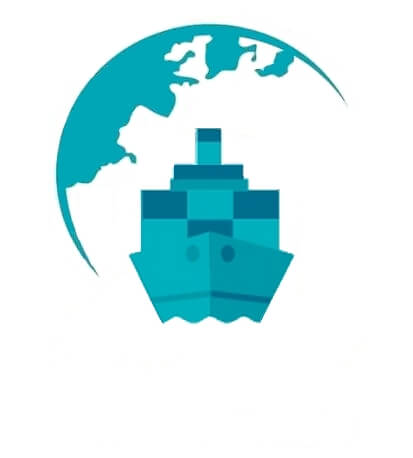Doulière Hay France, thanks to its unique compressed bale factory in the region, is the only exporter of hay and straw of this format in France. Its high quality hay, without pesticides or chemicals, is selected and checked at every stage, from production to shipment. A tracking voucher guarantees traceability.
These dense bales, perfectly sized in length, width and thickness, with a perfectly constant weight, can be handled simply without “falling apart”, no loss of debris.
Storage, handling, transport, density: by being compatible with the actual standards and practices, the logistics of supplying hay delivered to the customer is simplified.
The hay is traditionally harvested in standard format bales of high density 90x120x240 of 550 kg by specialized companies, with adaptation of hydrometric probes and infoview computers on the balers. A contribution of biological preservative is applied if necessary.
All under control and compliance with specifications.
After this step, the stabilized hay has an average of 14% moisture. It is then transported on the supply chain to undergo a first cutting during which an operator checks the heart of each bale and reforming it if necessary.
Then the hay is conveyed into a controlled compression chamber, reducing it by half to 50 cm. During this compression, up to 500 tonnes per cm², the slices are tied. Then the bales come out to be led into a cutting box, on two or three blades depending on the final choice of format, to come out at 40 or 30 cm. This compression phase, by expelling the air as much as possible, decreases the oxidation of the hay and therefore the loss of nutrients. Its flavors will be preserved 3 times longer.


You must be logged in to post a comment.